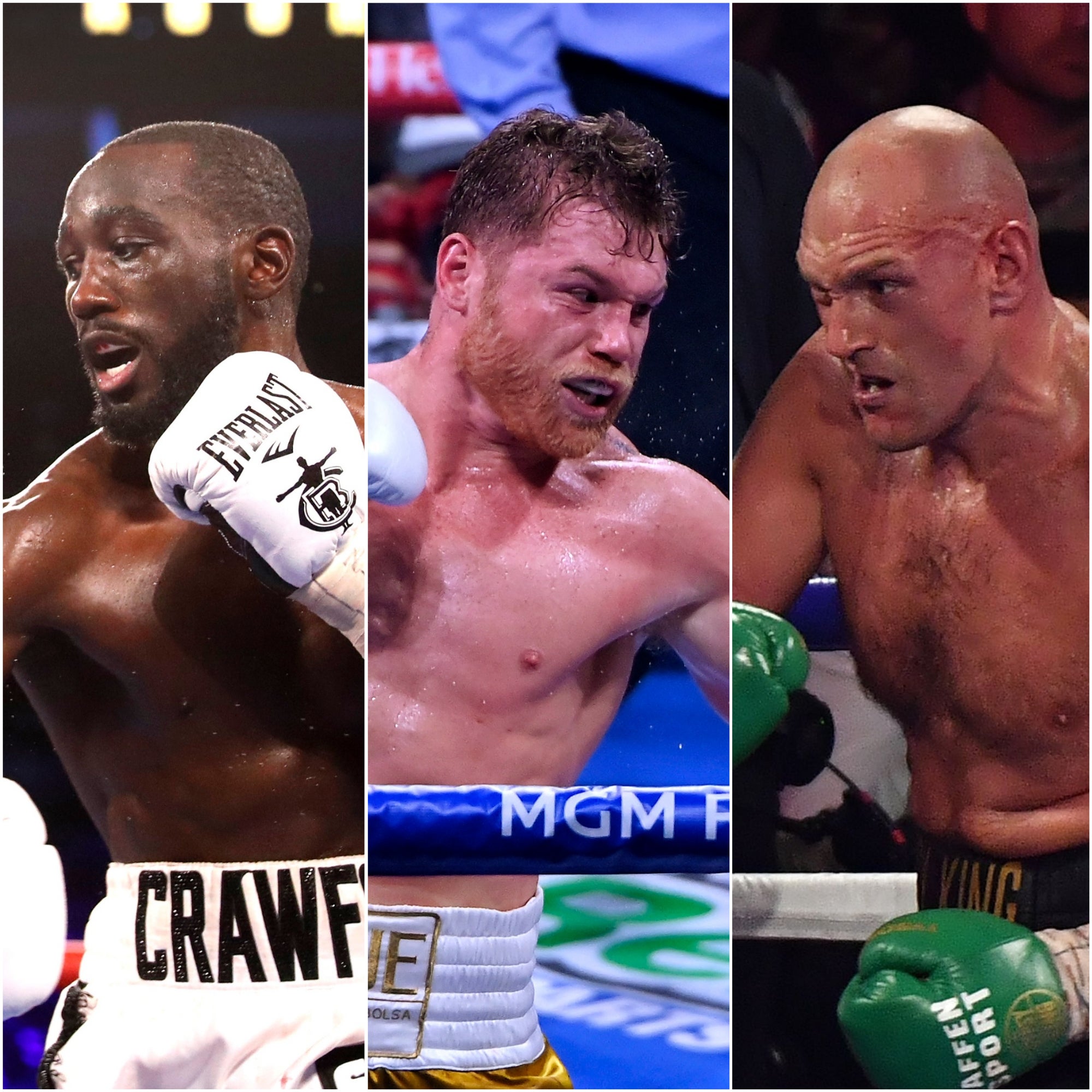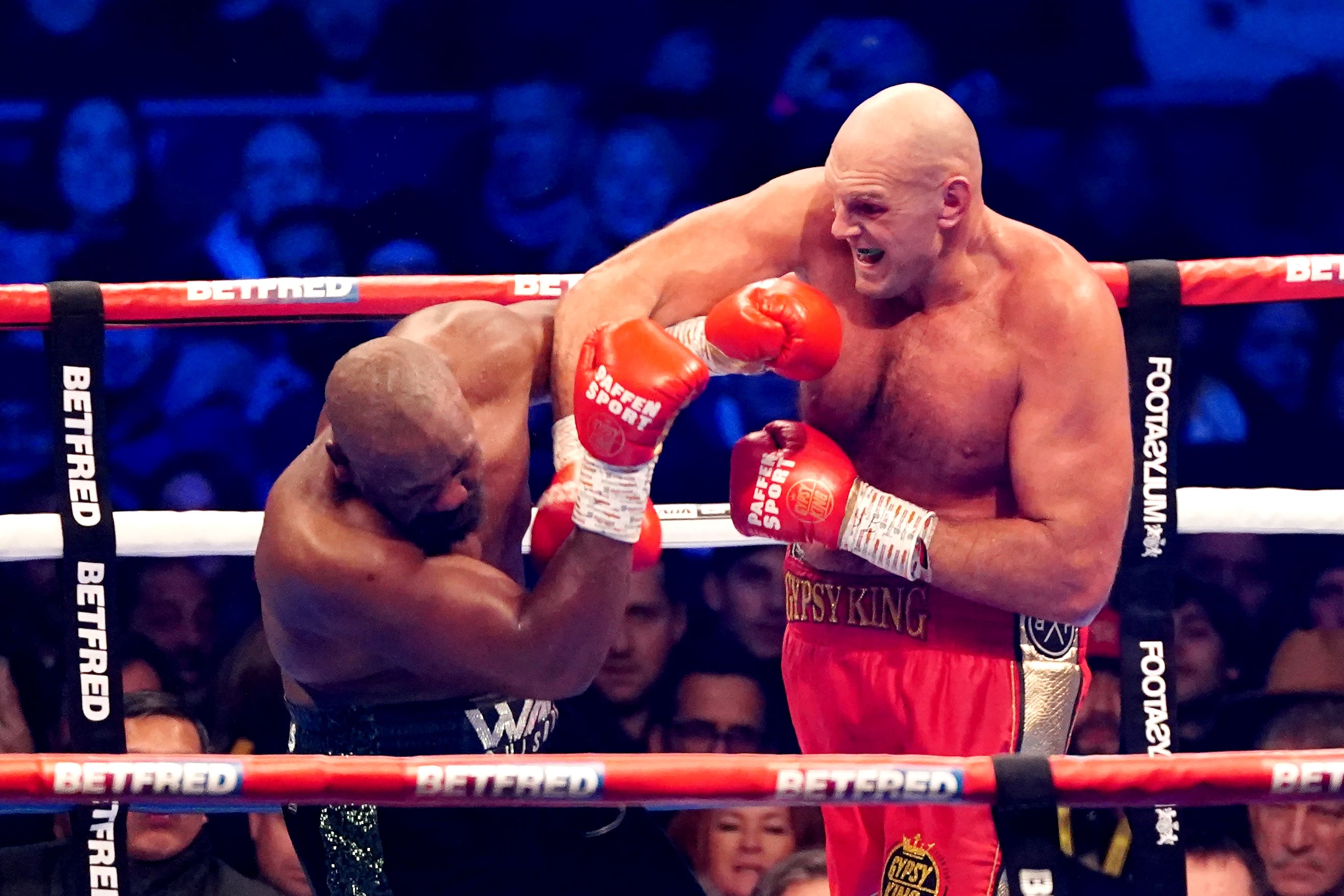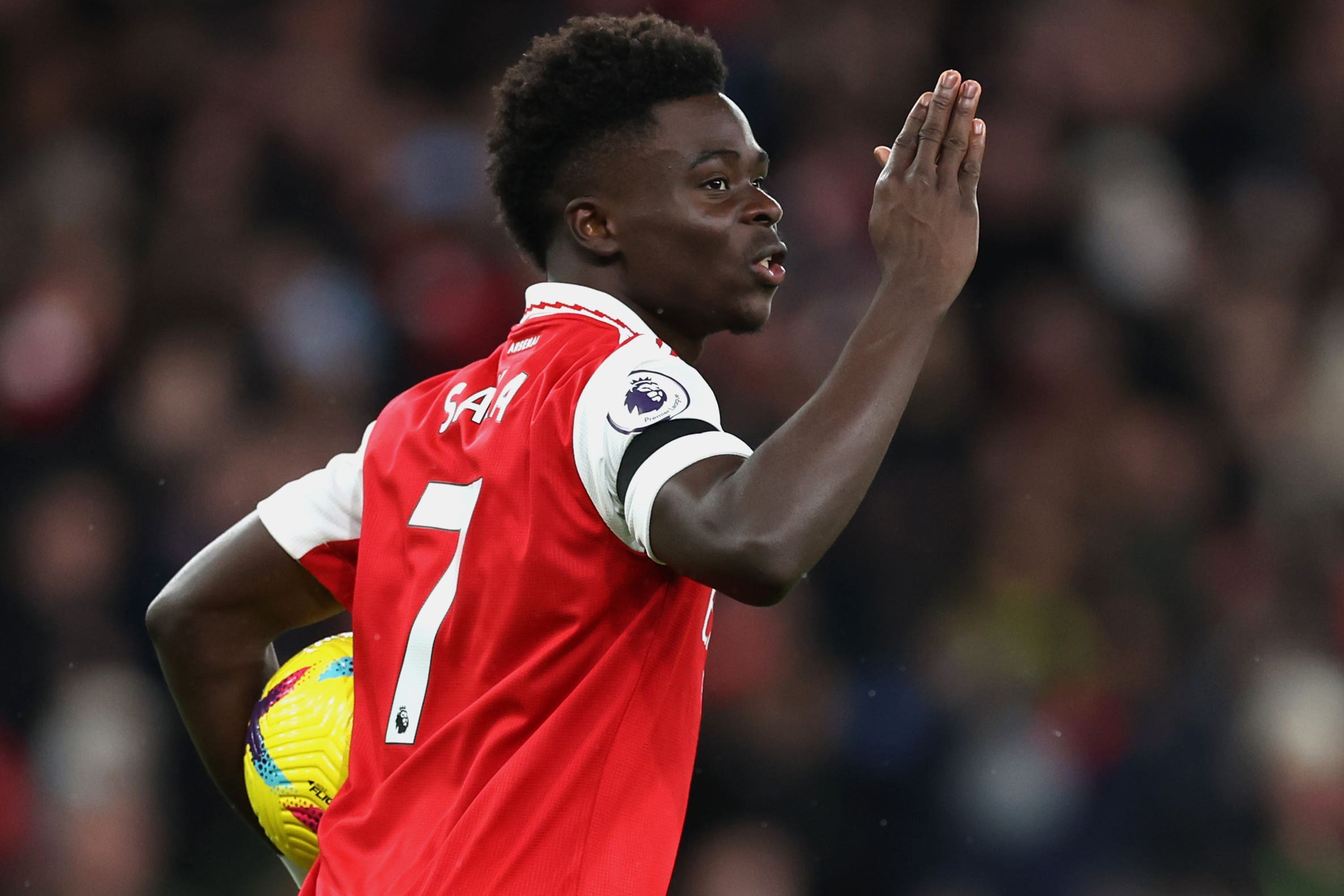
Tyson Fury (left) and Oleksandr Usyk facing off in London in December
At 10am this morning, that bout was called off. By 12pm, it was apparently back on. It was not supposed to be this difficult.
Fury’s barely-tepid trilogy bout with Chisora in December was the back-up to a potential, generational showdown with Anthony Joshua. That clash collapsed, according to Fury, because of unrealistic terms from “AJ”’s side. It was a suspicious accusation, given Joshua – still recovering from his second straight loss to Usyk – had seemingly shrugged his shoulders and said ‘Why the hell not?’ to a fight with Fury, a year-and-a-half after the last failure to create the contest.
Recommended



Based on form and history, the likeliest outcome in December would have been defeat for Joshua and victory for Fury; yet it was the former who seemed most willing to make the fight, approaching the bout against his fellow Briton with a nothing-to-lose mentality, when all signs suggested that a loss would be the death knell for Joshua’s career. Instead, failed negotiations marked the death knell for Fury vs Joshua.
The danger of sharing the ring with Joshua should not be understated, but it is an awkward endeavour to ascertain why Fury would be opposed to the fight in such circumstances – especially considering the “Gypsy King”’s claims of competing ‘for the people’, and the reality that December likely represented the final chance to make that bout (with both Britons in their primes, at least).
Some had not only felt that Fury vs Joshua was never going to materialise, but that it was never intended to. Rumours rippled that there was already a plan in place for Fury to box 39-year-old Chisora, whom he had already beaten twice, and the speed with which their third meeting came together appeared to confirm those reports. Fury and his fans blamed Joshua for the collapse of the the pair’s bout, although the consensus is that the WBC champion was at fault.
But with Usyk? It was supposed to be different. Yes, Fury would likely engage in similar games again, but the hope was that they would be purely performative. Meanwhile, Usyk’s singular focus on legacy would surely simplify the negotiations.

Tyson Fury (right) stopped Derek Chisora in December, retaining the WBC title (Zac Goodwin/PA)
Nowadays, however, even the most sensible predictions in such scenarios have become idealistic – unrealistic, even.
The first revelation was that Fury had reportedly rejected a purse split of 60-40, weighted in favour of the winner; his counter was a 70-30 split in his favour, regardless of the result. Usyk, whether or not he was supposed to, accepted. Some saw it as Usyk calling Fury’s ‘bluff’, suggesting that the Briton did not really want the fight, and while these pages will never put forward an accusation of one fighter avoiding another, it seems a reasonable assumption that Fury did not expect Usyk to agree to that term.
The next development was around the rematch clause. Fury called on the Ukrainian to go without one, before Usyk accused the 34-year-old of having suggested the clause in the first place. Nevertheless, negotiations moved forward.
Until they stalled. Usyk’s promoter Alex Krassyuk claimed on Wednesday that the fight was ‘off’. “The reason for that is it went too far,” he told Talksport. “After Usyk accepted 70-30, Fury started to think he can put a saddle on his neck and start riding Usyk as much as he can. It is not right. Usyk accepted the 70-30 split, he was so loyal, and he was so willing to make this fight happen. If it is so complicated that Tyson tries to avoid it by putting so many obstacles in front of making the deal, then there is no need to put more effort into it.
“If I start telling you the list of things [Fury] wanted, 15 minutes would not be enough. There was a list of things he wanted to get in his favour, which were absolutely unacceptable – and complete disrespect to the unified champion and former undisputed [cruiserweight] champion.”

Oleksandr Usyk (centre) after his second straight win over Anthony Joshua
Krassyuk’s counterpart on Fury’s side, Frank Warren, insisted that the fight could be revived, expressing willingness to renegotiate on a rematch clause.
It may, however, be too late. Usyk is already 36, and he already has a Plan B: a title defence against mandatory WBA challenger Daniel Dubois. While Dubois, 25, has shown promise, there is the potential for the Briton to become the victim of a pugilistic statement by Usyk.
As for Fury? His next step would be less clear. The WBC champion has talked up the possibility of a fourth clash with Deontay Wilder, with whom he has contested one of the sport’s great trilogies. Even so, there is as little appetite for that fight as there was for Fury vs Chisora 3.
Fury vs Joshua, even after the latter’s losses to Usyk, would have been a celebration of this generation’s preeminent British heavyweights. Fury vs Usyk could have been the biggest bout of the last two decades, factoring in the talent and stakes involved. Fury might have cost fans the opportunity to see the first of those contests, and he is at risk of destroying another era-defining fight, just three months later.
If Fury vs Usyk does not take place this year, it could be consigned to the same folder as Fury vs Joshua – one that houses boxing’s great lost fights. And if Fury and Usyk are to go their separate ways this spring, win their respective next bouts, and gravitate back to one another, the Briton must accept in the meantime that the biggest fights require concessions and compromise.
Recommended



Otherwise, Fury might yet be remembered as a specialist in sabotage, as much as he will be remembered as a fighting phenom.
Click here to subscribe to The Independent’s Sport YouTube channel for all the latest sports videos.
Source: Read Full Article

